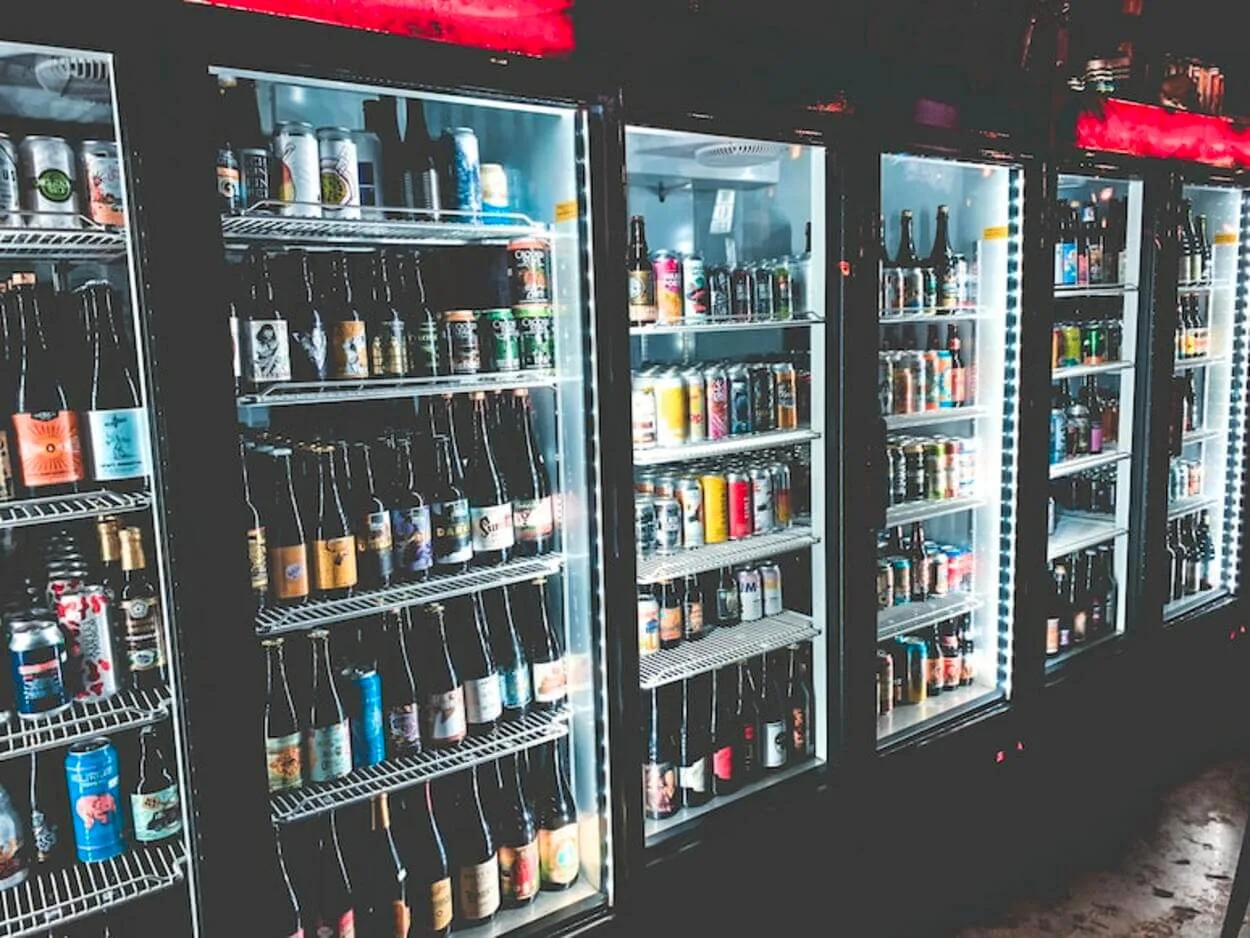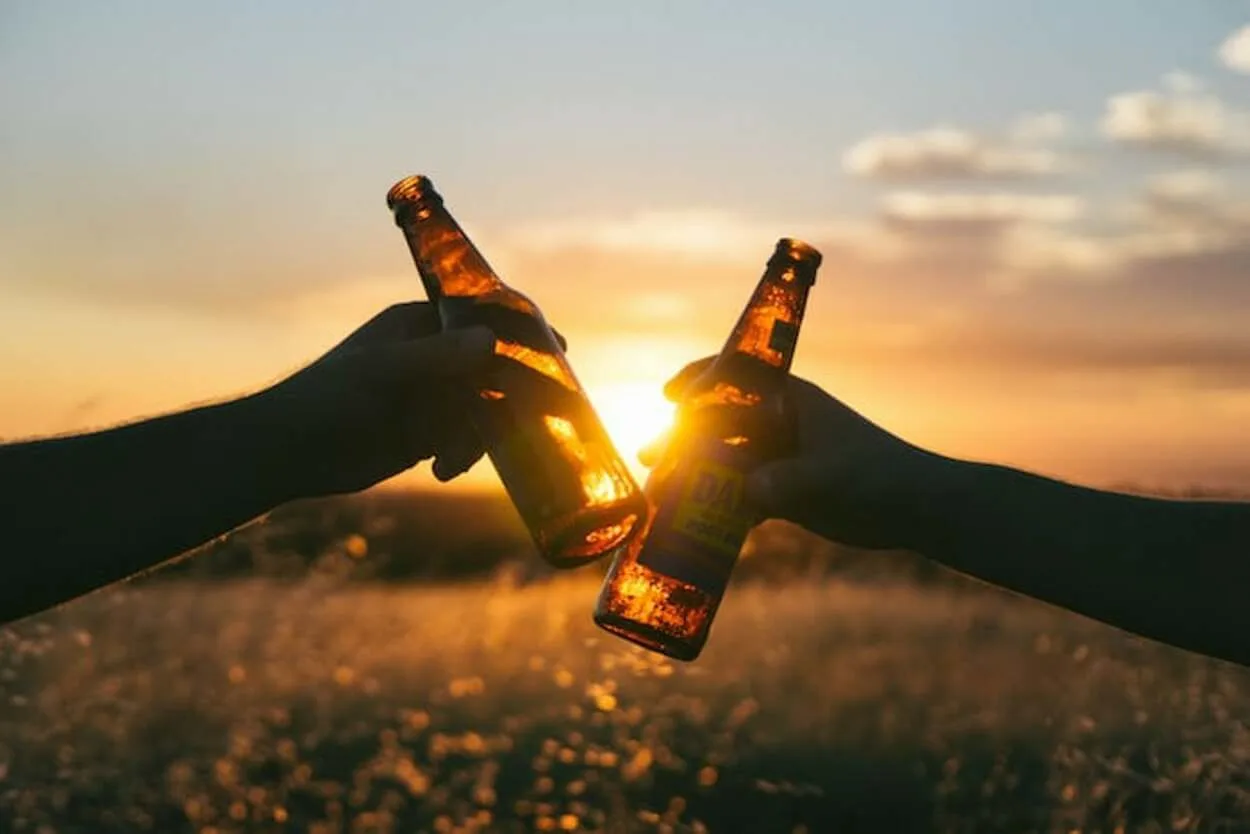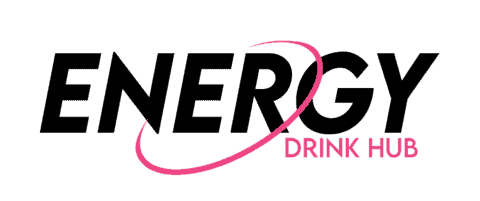Not at all, no! Energy drinks are beverages without alcohol.
However, it is well known that combining alcohol and energy drinks is fatal for people in their teens to mid-twenties. Because caffeine’s component octane conceals the symptoms of intoxication, which makes you consume more alcohol as you won’t feel its effects at a lower dosage.
Energy drinks are a common beverage. The stimulating elements in them are making them more and more well-liked among young people.
Functional beverages noted for enhancing energy and focus are called energy drinks. Typically, it also includes sugar and additional substances like guarana, B vitamins, taurine, and caffeine.
Due to the caffeine energy they provide, some take them as pre-workout drinks or an early morning pick-me-up. But what people fail to understand is that, especially when combined with alcohol, energy drinks can have negative consequences on your body.
Page Contents
Energy Drinks: What Is The Composition?
Non-alcoholic energy drinks frequently have high levels of sugar and caffeine.
Additionally, they’re frequently blended with taurine, glucuronolactone, guarana, and B vitamins, and sold to young people as having a stimulant and performance-enhancing impact.
Energy Drinks: What Are The Ingredients?

Most energy drinks include a lot of caffeine. A normal 16.8-oz energy drink contains 160 mg of caffeine compared to an 8.4-oz energy drink’s 80 mg. It has half as much caffeine as a comparable-sized cup of coffee, which has 330 mg per 16 oz.
While some brands on the market do provide artificially sweetened options, the bulk of brands is high in glucose. The following are a few of the typical ingredients of energy drinks:
Caffeine
The coffee fruit naturally contains caffeine, a stimulant. Many sodas and energy drinks contain it as the main ingredient. Although it is the most popular psychoactive substance, there is debate over its long-term effects and safety.
Caffeine increases alertness and focuses in dosages under 200 mg. It reduces fatigue by activating your neurological system by inhibiting adenosine receptors. The feeling of exhaustion is brought on by adenosine receptors. You become more alert and caffeine binds with them to conceal this weariness.
Sugar
Energy drinks largely rely on sugar for their increased energy, flavor enhancement, contribution to taste, and long shelf life. There are 160 calories and ten teaspoons of sugar in a 12-ounce can of energy drink.
The added sugar (sucrose, glucose, or maltodextrin) found in energy drinks has only calories and no nutritional value. Some sugar-free varieties additionally include Aspartame, Acesulfame, and other sugar substitutes.
Vitamin B
The most prevalent micronutrients in energy drinks are B vitamins. The most prevalent B vitamins found in energy drinks are vitamin B3 (niacin), vitamin B6 (pyridoxine), and vitamin B12 (Cobalamin). Additionally, some brands include vitamin B5 and vitamin B2 (riboflavin) (Pantothenic acid).
The body needs B vitamins to carry out some or all of the following tasks:
- Turn food into energy
- Keep cell growth, function, and development normal.
- Create new DNA or other genetic material.
Taurine
Taurine is an amino acid that helps with protein synthesis and is found in meat, fish, dairy products, and human milk. There isn’t much data to back the claim that taurine enhances athletic performance, despite several research to the contrary.
Glucuronolactone
Glucuronolactone, a chemical found in both plants and the human body, is produced naturally. It aids in the removal of toxic chemicals from the body. It is unknown whether glucuronolactone’s use in energy drinks is beneficial or harmful because there hasn’t been any research on it.
Guarana
Between 40 and 80 mg of caffeine are present in one gram of the guarana plant. Because of its interactions with the other ingredients in energy drinks, guarana has longer-lasting effects than caffeine.
Energy Drinks: Do They Have Alcohol In Them?
Energy drinks aren’t alcoholic drinks, not even string ones like Celcius or Brienfuel.
Energy drinks are considered non-alcoholic drinks and should not contain any alcohol at all, according to the American Beverage Association (ABA). There is no alcohol in energy drink brands like Red Bull, Monster, and Bang energy. They often have high sugar and caffeine content.
Energy drinks are extensively advertised in places where teenagers and young people congregate. Between the ages of 13 and 35, energy drink consumers make up two-thirds, with boys making up the majority with two-thirds of the market.
Alcohol-Containing Energy Drinks

College students and other young drinkers often combine booze and energy drinks. Some manufacturers also embraced this trend.
There are now certain energy drink varieties that have already been combined. One of them was Four Loko, which, while being marketed as an energy drink, contained up to 12% alcohol.
However, the FDA (Food and Drug Authority) claimed that these drinks were harmful to your health, particularly for young people and first-time drinkers. As a result, energy drinks like Four Loko removed alcohol from their list of ingredients.
Even though these particular beverages are no longer available, it is simple to combine energy drinks with alcohol to make a cocktail. It is dangerous for your health to combine alcohol and energy drinks in this manner.
Here are a few alcoholic energy drinks;
| Energy Drinks | Availability |
| Four Loko | Changed formula |
| Moonshot | Discontinued |
| MAX Vibe | Discontinued |
| JOOSE | Discontinued |
| Liquid Charge | Discontinued |
| CORE | Changed formula |
| 3SUM | Discontinued |
| Rockstar 21 | Discontinued |
| Sparks | Formulation changed |
| Torque | Discontinued |
| Molson KICK | Discontinued |
| TILT | Formulation changed |
| Budweiser E | Discontinued |
| Spykes | Discontinued |
| 24/7 | Discontinued |
| Mate Vesa (yerba mate beer) | Available |
| 3 A.M. Vodka (Vodka, caffeine, taurine, guarana) | Available |
The table above shows that all alcohol-based brands are a thing of the past. Some were abandoned, and others dropped alcohol from their list of ingredients. There are only malt beers with alcohol on the market.
What Happens if you Combine Alcohol With Energy Drinks?
Caffeine and other stimulants are abundant in energy drinks to improve your cognitive function. However, it hides the depressing effects of alcohol when it is combined with it. By making you feel sober, mixing them may make it harder for your body to detect how much alcohol you’ve consumed.
In addition, it might cause severe dehydration. Because the energy drink contains both alcohol and caffeine, you can experience frequent urination, which would increase your risk of alcohol-related injury.
Is Combining Alcohol and Energy Drinks Safe?
- No, mixing alcohol and energy drinks is not safe.
- The stimulants in energy drinks have an impact on your body by increasing your blood pressure and heart rate.
- Stimulants like coffee can have side effects like heavy breathing, rapid heartbeat, enhanced alertness, and decreased tiredness.
- Alcohol, on the other hand, impairs memory, judgment, coordination, and motor skills, and is known to cause blackouts.
- Overindulging in alcohol can be dangerous for your heart, and mixing it with energy drinks can increase the risk even further.
- Your blood pressure will increase if you routinely use alcohol and coffee, which increases your risk of heart disease, stroke, and heart attack.
- Furthermore, chronically consuming too much alcohol might damage your liver and kidneys.
- People who already have atrial fibrillation should be extremely cautious when drinking alcohol, caffeine, or both because they can trigger atrial fibrillation (an irregular heartbeat).
Energy Drink and Alcohol Combination: Is it Risky?
According to research, drinking alcohol alone is less risky than mixing it with energy drinks. Because drinking alcohol can make people “wide-awake drunk,” which is a combination of the brain-slowing effects of alcohol and the energizing effects of coffee.
Alcohol drinkers who also consume energy drinks are more likely to be involved in accidents or fights.
Alcohol makes you drowsy and exhausted, so you decide to go home. However, when combined with energy drinks, you do not feel inebriated and wind up staying out later, consuming more alcohol, and taking part in risky activities.
Conclusion
- Despite the fact that alcoholic energy drinks are no longer available, the practice of combining alcohol and them is still a concern.
- Drink alcohol and energy drinks in moderation if you want to enjoy them.
- You’ll feel more energized if you know your limits and monitor your caffeine intake.
- Additionally, it won’t have any negative side effects while enhancing your physical and mental performance.
